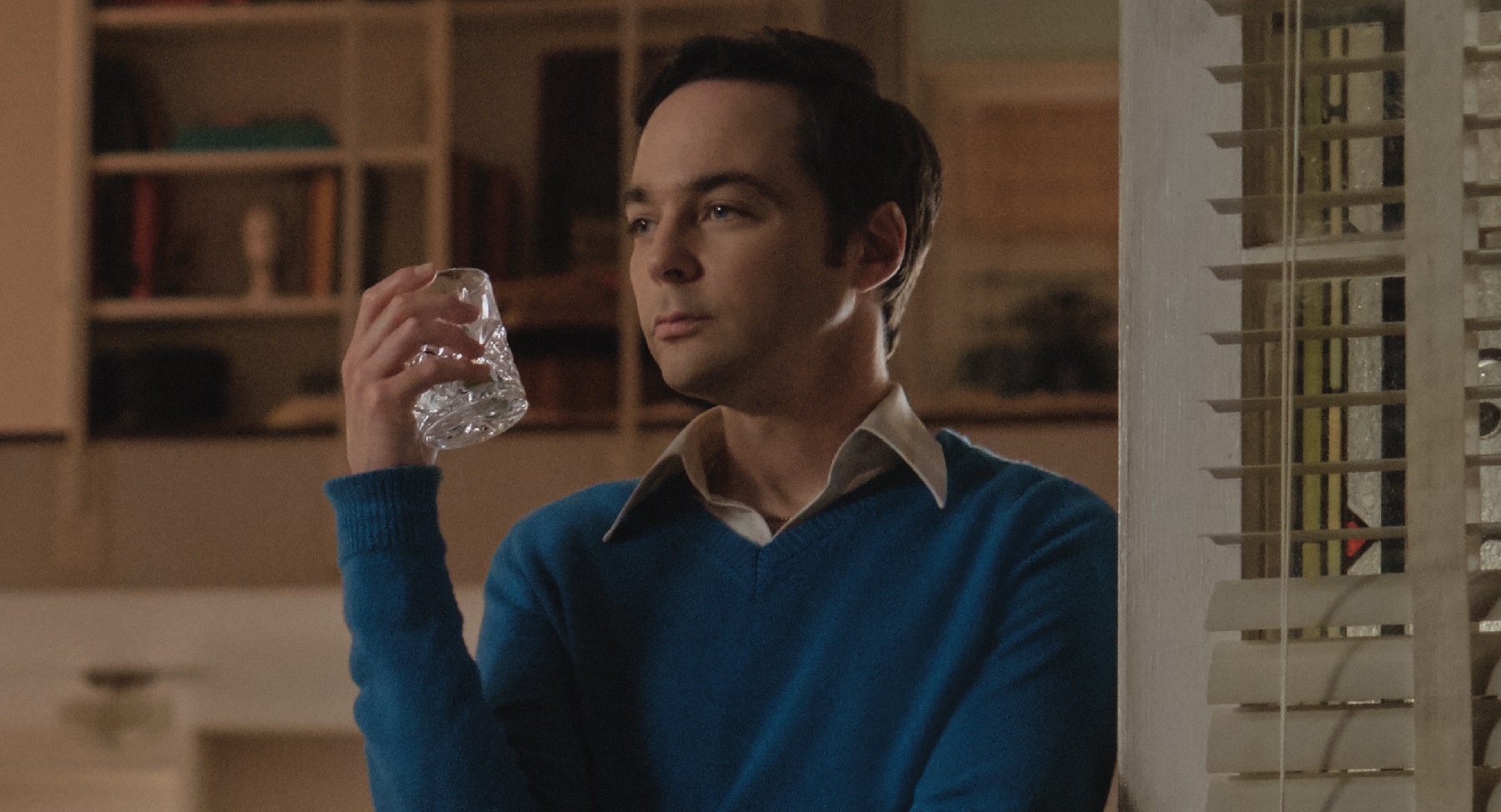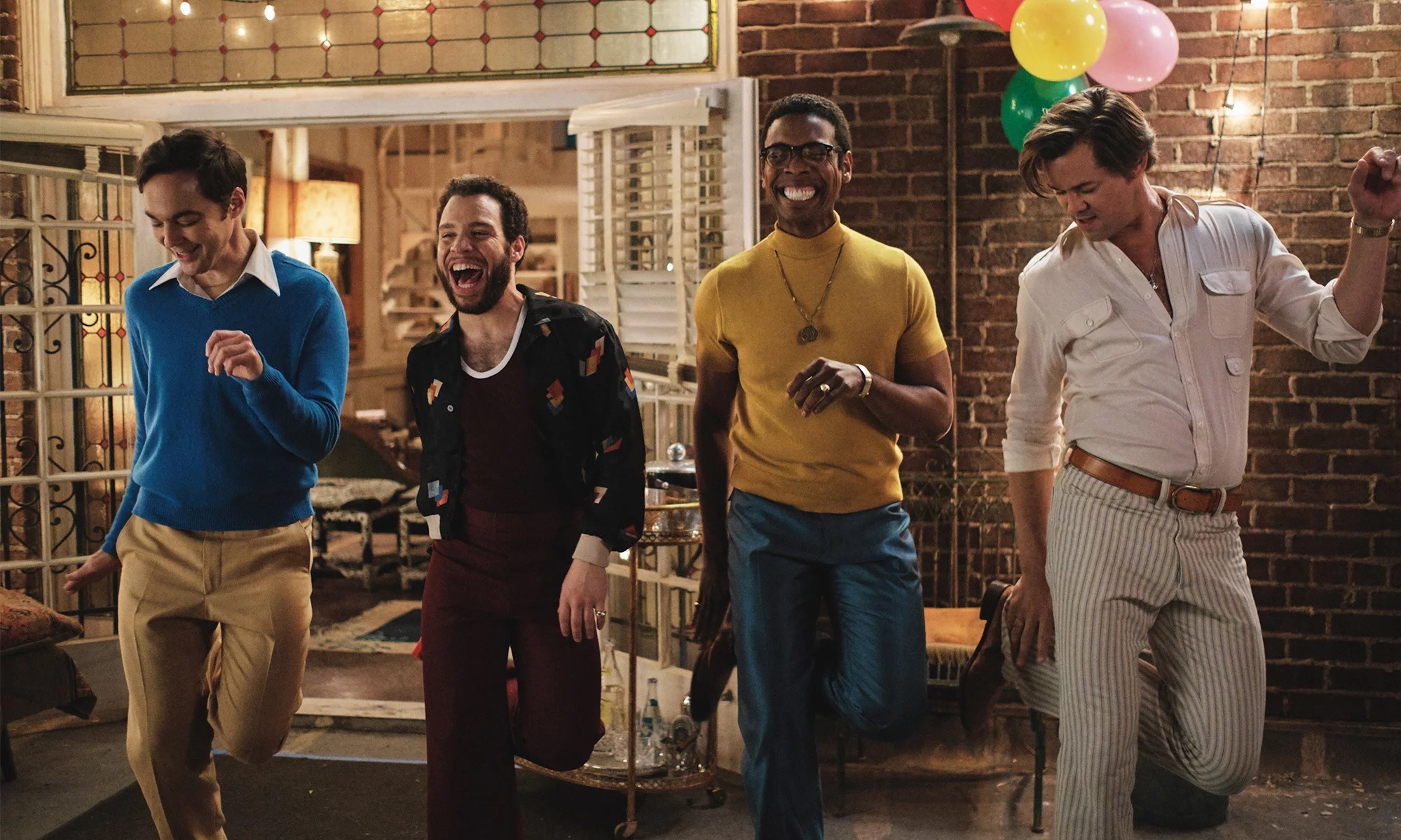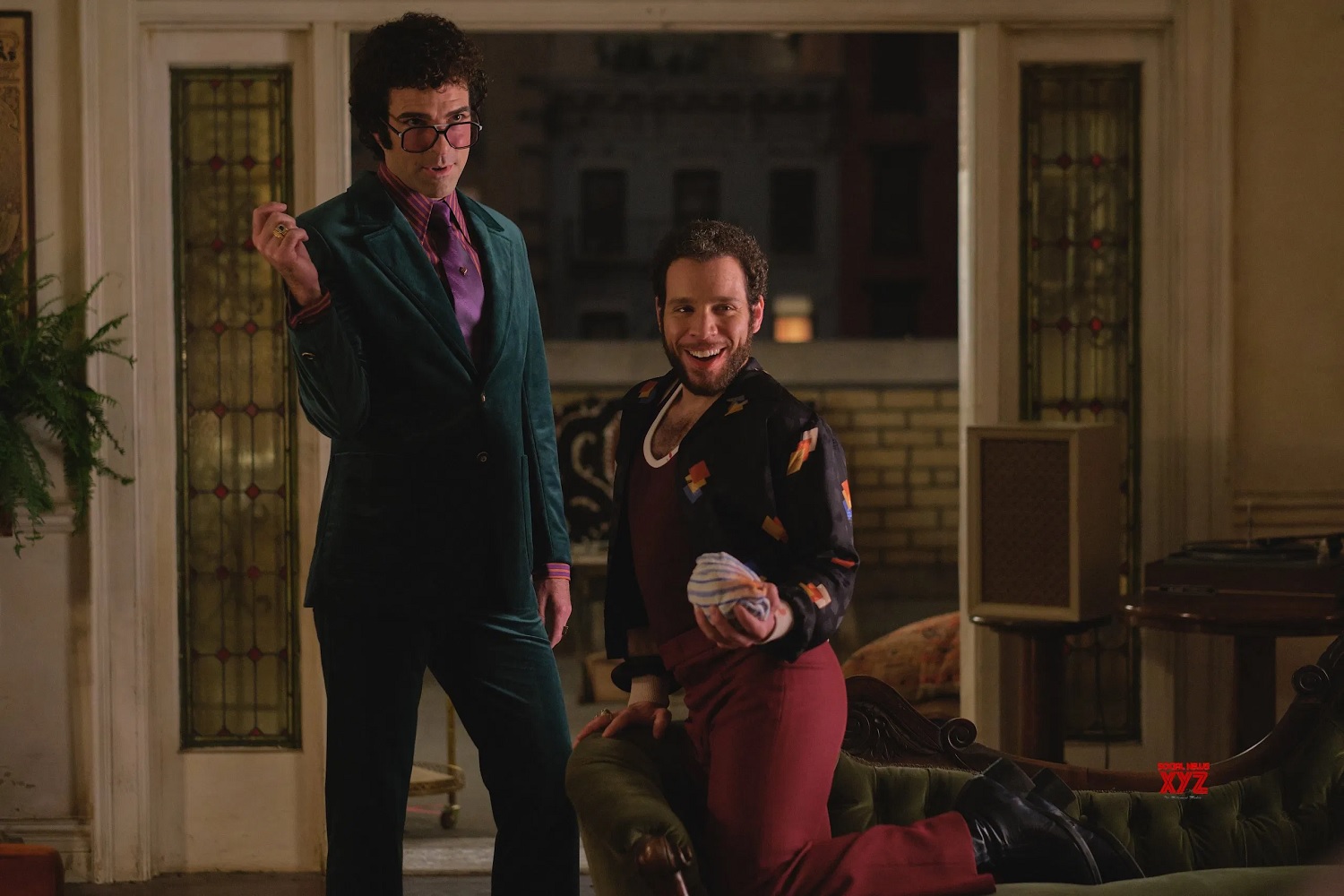Opinion | ‘Why can (some) gay men be so cruel to each other?’
The Boys in the Band shows 'mean gays' at their worst - 52 years on, are we any kinder?

Words: Jamie Tabberer
If I were a RuPaul’s Drag Race queen ‘reading’ new Netflix movie The Boys in the Band, based on Mart Crowley’s 1968 play, I’d say: “she’s aged terribly.”
Then I’d be read to filth for my terrible reading, get kicked off the show and cry, because I’m far too thin-skinned and slow-witted for RPDR.
But if the Werk Room’s a tough environment, it’s nothing compared to Boys in the Band‘s Donald’s NYC apartment. Here, the Mrs. Dalloway figure (played to perfection by Jim Parsons) hosts a party attended near-exclusively by gays whose acidic put-downs are an Olympic sport.
It’s transfixing.
“You’re a real card-carrying c***”
The barbs range from the direct (“You’re a real card-carrying c***”; “You hateful sow”) to the deliciously understated (“That’s the pot calling the kettle beige”). Fairy, and other (supposedly) reclaimed anti-gay insults abound.
Despite my quip about its agedness, let me be clear, I loved BITB, partly because it’s so self-consciously outdated; it only highlights how far we’ve come.
Set 12 years before the legalisation of gay sex in New York State, everything in it is of another era, from the music to the tinted spectacles to the language. (The cast have defended the script’s preservation of racist and anti-Semitic slurs as “essential”.)

The Boys in the Band’s Jim Parsons, Robin de Jesús, Michael Benjamin Washington and Andrew Rannells (Picture: Netflix)
But for all its antiquity, Boys also highlights how far we haven’t come. The nastiness among the central characters, for example, feels depressingly relatable some 52 years later – at least for me.
I know there are plenty of sweet guys out there, and I can’t speak for everyone, but I genuinely feel like I’ve encountered more mean gay men in my life than nice ones. Every scroll through dating and hook up apps, a moral cesspit of evermore flagrant prejudice, compounds the perception.
But while you learn to manage/avoid toxic sexual partners – and, in my case, love interests, peers and a shirtless stranger on the dancefloor who once told me I looked like a “fat George Michael” – friendships are a different beast. (And the fact that all the aforementioned people have me in common is not lost on me – maybe I haven’t always been as nice as I like to think).
You want to have a sense of humour about yourself, your sexuality. Especially in the age of the so-say snowflake. But where does good-natured banter become something darker?

Zachary Quinto and Robin’s characters attend a toxic birthday party in the film (Picture: Netflix)
“Gay and bisexual men might face unique, status-based competitive pressures”
The boys of Boys femme-shame, bottom-shame, body-shame, slut-shame, age-shame and basically gay-shame with abandon. The final evisceration, from Zachary Quinto’s dapper character Harold – who almost, almost makes cruelty seem achingly cool – sparks a full-on panic attack in Michael, who Harold claims wants to be straight.
But why the gay-on-gay crossfire so many years later? Research published in January in the Journal of Personality and Social Psychology found “gay and bisexual men might face unique, status-based competitive pressures given that their social and sexual relationships often occur with other men, who are known to compete for social and sexual gain.”
Pointing out gay and lesbian people’s “fourfold higher risk of suicide” and LGBTQ+s being “twice as likely as heterosexuals to experience depression and anxiety”, editor Benjamin Ryan‘s takeaway from the research was that “the persistence of mental health hardships among gay and bisexual men, which endure even as LGBTQ people gain greater acceptance and civil rights, can be explained at least in part by the corrosive effects of status consciousness, competitiveness and racism within the gay community itself.”
Is the rivalry between us devolving into abuse?
“Show me a happy homosexual and I’ll show you a gay corpse,” claims BITB’s Donald
“Show me a happy homosexual and I’ll show you a gay corpse,” says BITB‘s Michael, summing up the persecution and pain of a generation, while illuminating a still-persisting problem.
Things have moved on. But then as now, the cruel among us aren’t really at odds with each other: we’re at odds with ourselves. And is it any surprise, after years of growing up different, being treated as second-class citizens, of coming out over and over again and being constantly assessed and scored on how straight or gay we appear?
The homophobia becomes internalised – for some of us, anyway – and projected at our brothers.
The solution? It’s also a tale as old as time. We have to be kinder to each other, and to ourselves.
The Boys in the Band is available to stream on Netflix now.
The Attitude November issue is out now to download and to order globally.
Subscribe in print and get your first three issues for just £3, or digitally for just £1.54 per issue.

